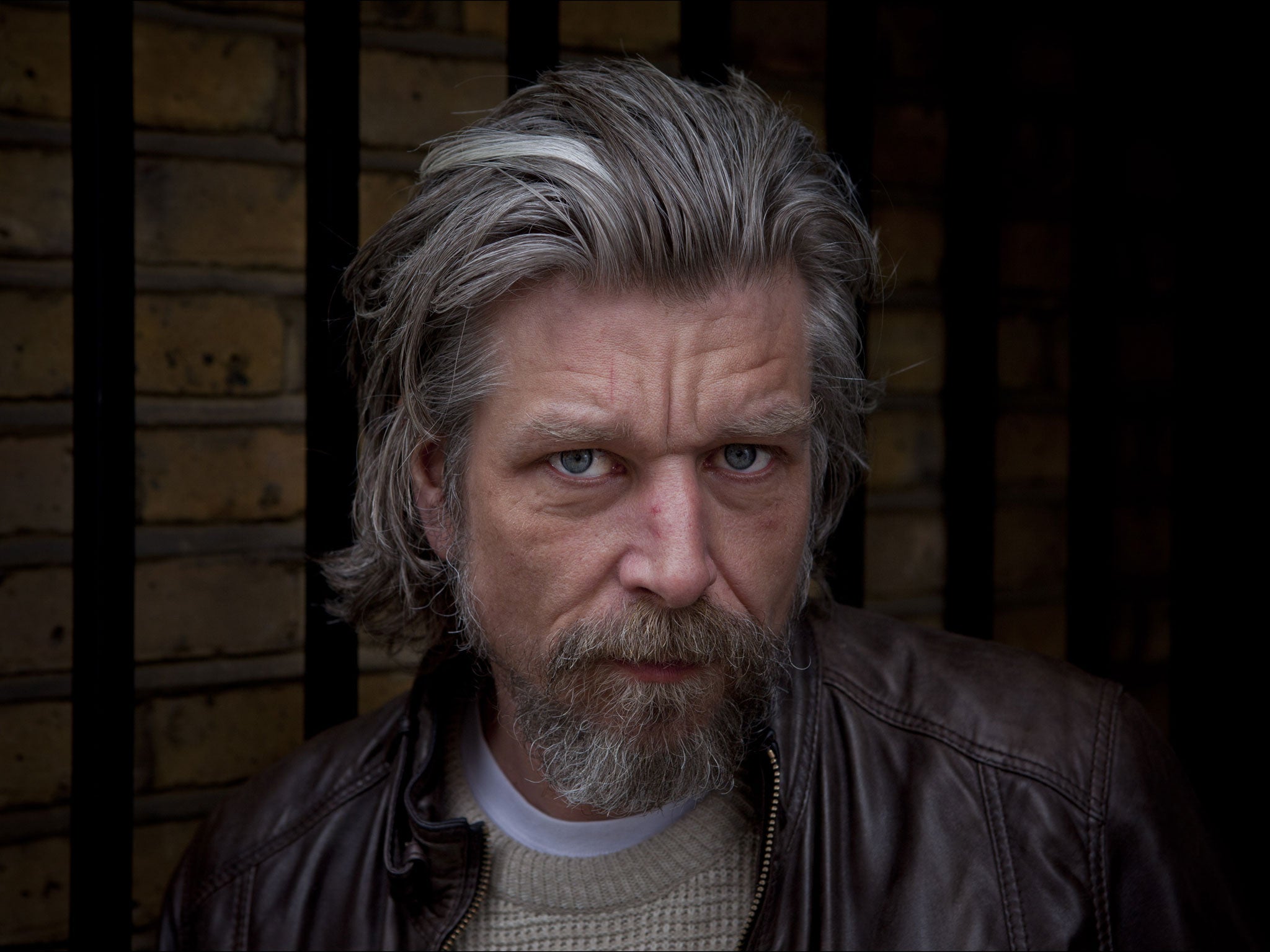Review: A Man in Love, By Kari Ove Knausgaard
Wrecked dreams and broken spirit? Welcome to parenthood!

Your support helps us to tell the story
From reproductive rights to climate change to Big Tech, The Independent is on the ground when the story is developing. Whether it's investigating the financials of Elon Musk's pro-Trump PAC or producing our latest documentary, 'The A Word', which shines a light on the American women fighting for reproductive rights, we know how important it is to parse out the facts from the messaging.
At such a critical moment in US history, we need reporters on the ground. Your donation allows us to keep sending journalists to speak to both sides of the story.
The Independent is trusted by Americans across the entire political spectrum. And unlike many other quality news outlets, we choose not to lock Americans out of our reporting and analysis with paywalls. We believe quality journalism should be available to everyone, paid for by those who can afford it.
Your support makes all the difference.Newcomers to the phenomenon that is Karl Ove Knausgaard might be forgiven for wondering what they've let themselves in for with A Man in Love, the second instalment of the six-part dissection of his life that has caused such a storm in his native Norway.
Knausgaard plunges straight into the tense backdrop of a family holiday with characteristic disregard for the reader, who is left flailing as he segues from marital discord and child-rearing theories to train-of-thought philosophising on behavioural determinism. And all within the first few pages.
This is classic Knausgaard, who shot to fame in 2009 with the publication of the first part of My Struggle: in total, a 3,600-page work in six parts that put his family life under the microscope. The doggedly autobiographical volumes, which kicked off with a description of growing up with an alcoholic father, offended family and friends alike, prompting lawsuits and furore in his native country.
The very title – Min Kamp in Norwegian – implies Knausgaard's aptitude for a fight, and nothing in A Man in Love deviates from that notion. The struggle, for him, is life itself, with its debilitating routines and ultimate pointlessness. "Everyday life, with its duties and routines, was something I endured, not a thing I enjoyed, nor something that was meaningful or made me happy," he discloses. This leaves him struggling to make his life his own, "because of course I wanted it, but I failed, the longing for something else undermined all my efforts".
His endeavour, not to mention fluid narrative, which skips around in time and place, both externally and internally, invites obligatory comparisons with Proust, who Knausgaard has, of course, read. The result is a remarkable insight into the mind of a man in the grip of a mid-life crisis as he battles with the big questions posed by parenthood and the unwelcome realisation that there is no second chance. "At the age of forty the life you have lived so far, always pro tem, has for the first time become life itself, and this reappraisal swept away all dreams, destroyed all your notions that real life, the one that was meant to be, the great deeds you would perform, was somewhere else."
A Man in Love sees Knausgaard, now 44, move from Norway to Sweden where he marries Linda, an old acquaintance, and has three children. His descriptions of fatherhood in that most notorious of egalitarian countries are priceless: his "modern and feminised" self, buggy in hand, battling with his internal "furious 19th-century man" as he strides Stockholm's streets.
The many passages on parenting have a raw honesty. His description of his wife giving birth is exemplary, and I speak as someone who has gone through the process. The other topic he tackles head on is depression, his wife's depression. It's uncomfortable, if instructive, stuff. He views Sweden as a "shitty little country" where "everything [was] normality; anything different was abnormal".
This is a man who details seemingly every last cigarette smoked and coffee drunk, and who can fill paragraph-less pages with the permeations of a single thought. But, surprisingly for one so self-obsessed, his achievement is that his struggle ultimately becomes that of his readers.
Join our commenting forum
Join thought-provoking conversations, follow other Independent readers and see their replies
Comments